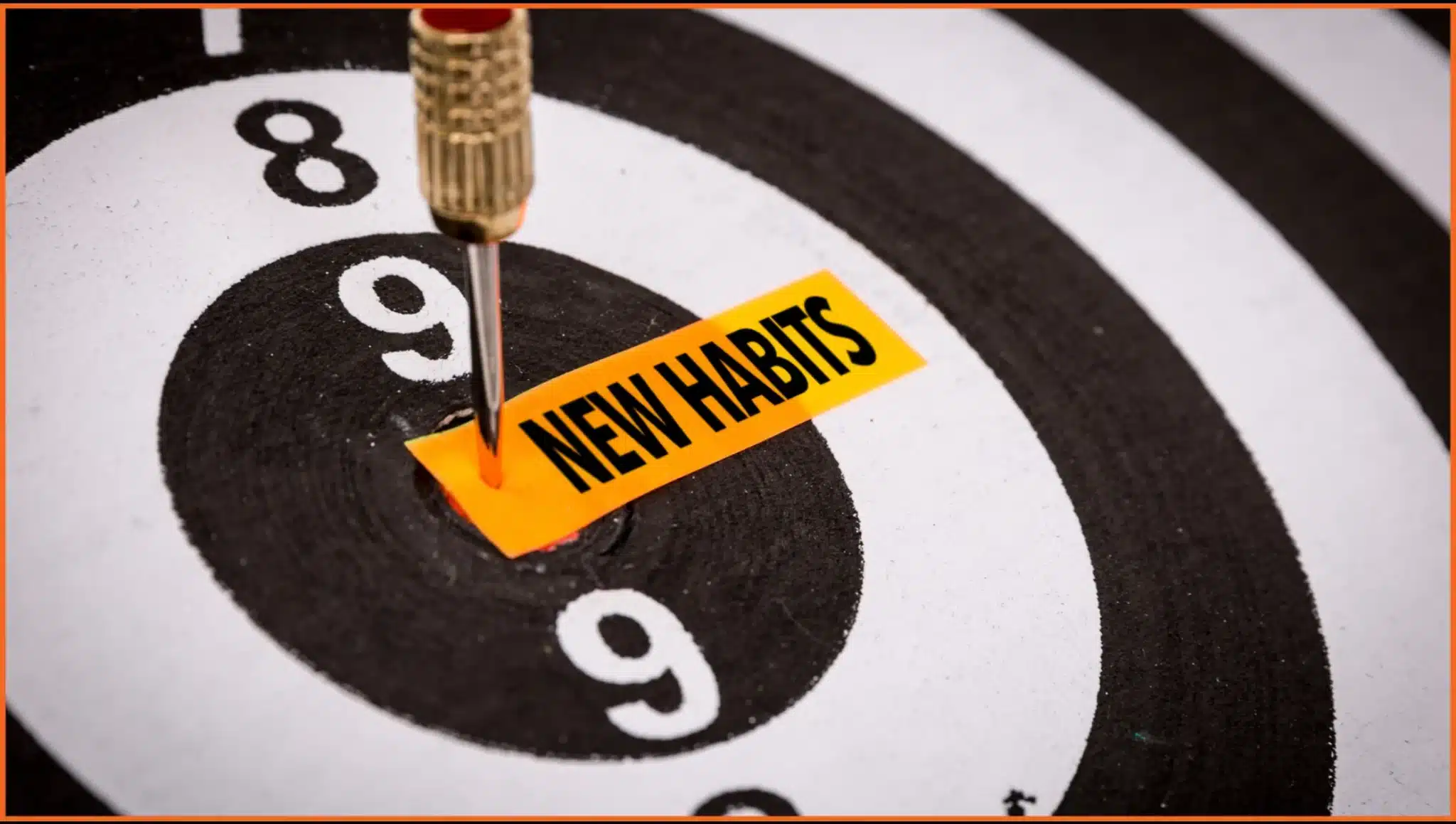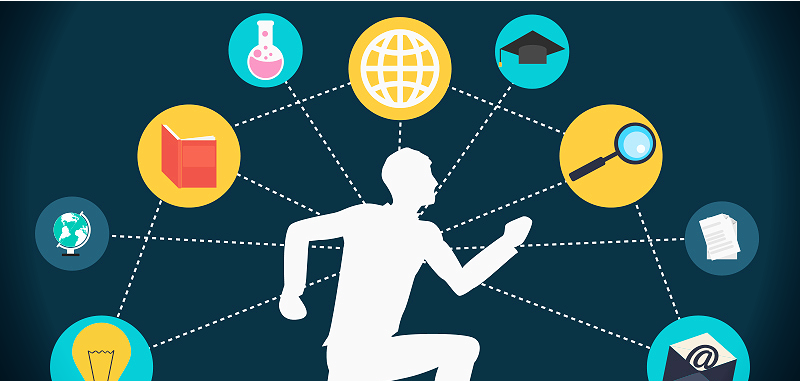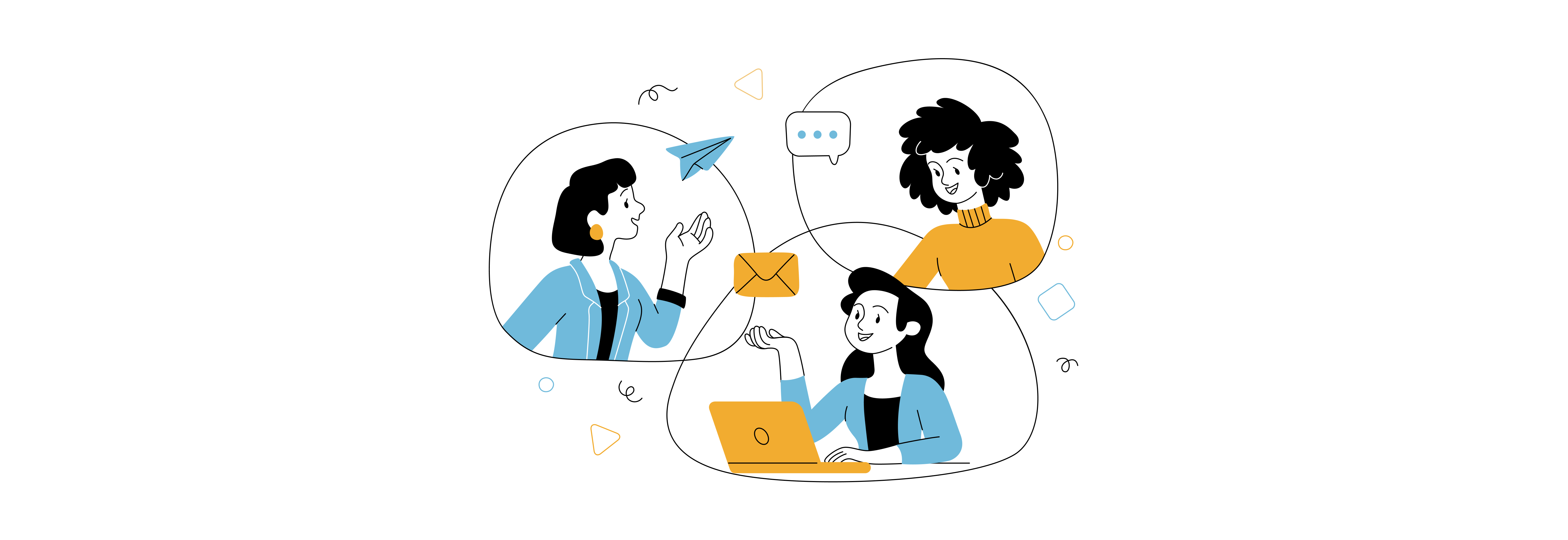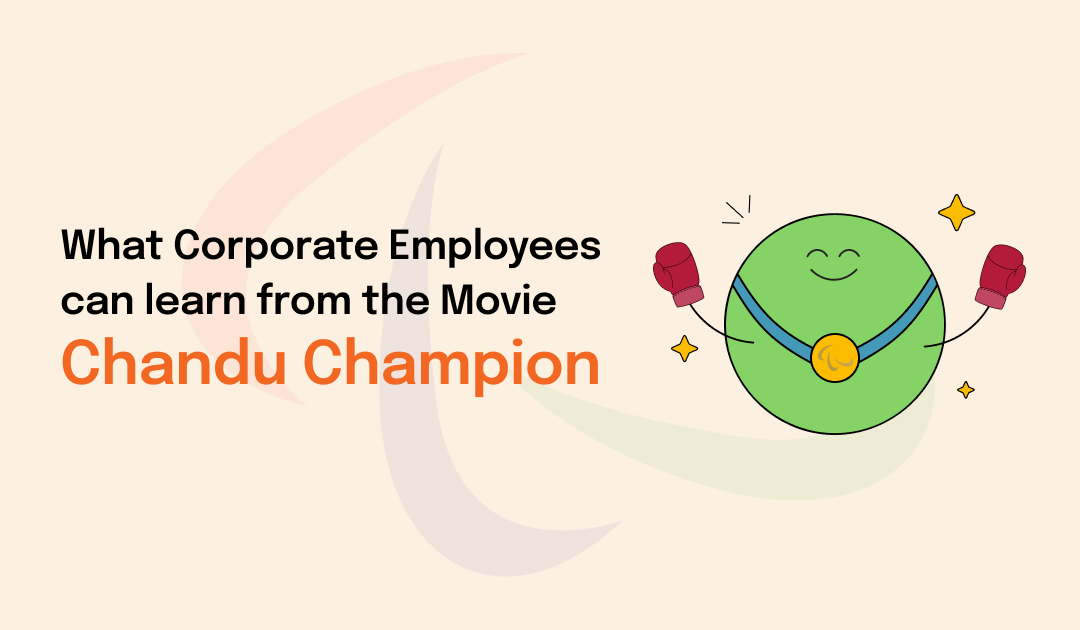In our fast-paced corporate world, decisions are made in milliseconds, and assumptions are often left unquestioned. But in our experience at FocusU, perspective is what separates reaction from reflection, and innovation from repetition.
Why Perspective Shapes Workplace Culture
Table of Contents
In the workplace, we operate on mental models built over years – assumptions about how things are done, who gets to speak, what works, and what doesn’t. But these mental shortcuts can limit innovation, diversity of thought, and even empathy.
In our experience facilitating leadership programs and team workshops, we’ve noticed that:
- Teams often get stuck in habitual patterns without realizing it
- Leaders default to the tried-and-tested, even when change is needed
- People speak past each other because they’re operating from different assumptions
Perspective isn’t just about empathy. It’s about agility. It’s about the ability to step outside your mental frame and consider alternate angles.
Related Reading: How To Nurture Growth Mindset In Your Organisation?
Uber and the Art of Perspective Shifting
Let’s revisit the example of Uber. At a glance, it’s a cab service. But underneath, it’s a logistics platform. A tech disruptor. A reimagining of ownership, convenience, and control.
What made Uber revolutionary wasn’t the app. It was the willingness to challenge the prevailing model: that if you want to run a cab company, you need to own cars.
This kind of thinking is available to every team, every individual. But it requires one thing: perspective flexibility.
Perspective in Leadership: What We’ve Seen
In our leadership journeys with senior teams, we often start with a simple yet revealing exercise: mapping out challenges from three viewpoints – your own, your team’s, and your customer’s.
The result? Lightbulb moments.
Because when you pause to view a situation from another’s lens, you begin to:
- Reframe problems into opportunities
- Notice blind spots in communication
- Uncover deeper motivations behind resistance
We’ve seen leaders completely transform their approach after a perspective shift. One senior leader, after an empathy-based design thinking workshop, remarked: “I stopped managing tasks. I started enabling outcomes.”
Why Perspective Matters in Learning and Development
In the context of L&D, helping people shift perspectives isn’t just a soft skill. It’s a business enabler.
Teams that embrace multiple perspectives:
- Navigate change with less friction
- Resolve conflicts more constructively
- Collaborate across silos more effectively
- Build inclusive cultures
We design many of our interventions, including simulations, role-plays, and storytelling activities, to nudge people out of their default viewpoints. It’s not always comfortable. But it’s where real growth happens.
Reframing Everyday Challenges
In one of our team-building sessions, a group was asked to solve a seemingly impossible challenge with limited resources. Most teams focused on constraints. But one team approached it differently. They reframed the problem:
“What if the limitation isn’t a blocker, but a design feature?”
That subtle shift in perspective changed everything. They solved the challenge in record time – and sparked a conversation about how mindset affects outcomes.
This is what we mean when we say: Perspective creates possibility.
Related Reading: How to Never Stop Learning and Growing
What You Can Do to Foster Perspective Shifts
Here are some simple ways you as an L&D professional, HR leader, or manager can help your teams embrace diverse perspectives:
- Start meetings with a different voice: Rotate who frames the agenda.
- Practice role-switching: Ask team members to argue the opposite side.
- Use visual metaphors: They invite open-ended interpretation.
- Ask, “What else could this mean?”: It prompts curiosity.
- Encourage storytelling: Lived experiences shift how we relate to one another.
A Final Reflection
Perspective isn’t static. It shifts with exposure, experience, and empathy. And in a world where adaptability is more important than ever, it may just be one of the most essential skills we can cultivate.
So the next time you find yourself stuck, ask:
- What am I not seeing?
- Whose view haven’t I considered?
- What happens if I flip the frame?
Because as we’ve seen time and again at FocusU, when you change the lens, you change the learning. And that changes everything.










